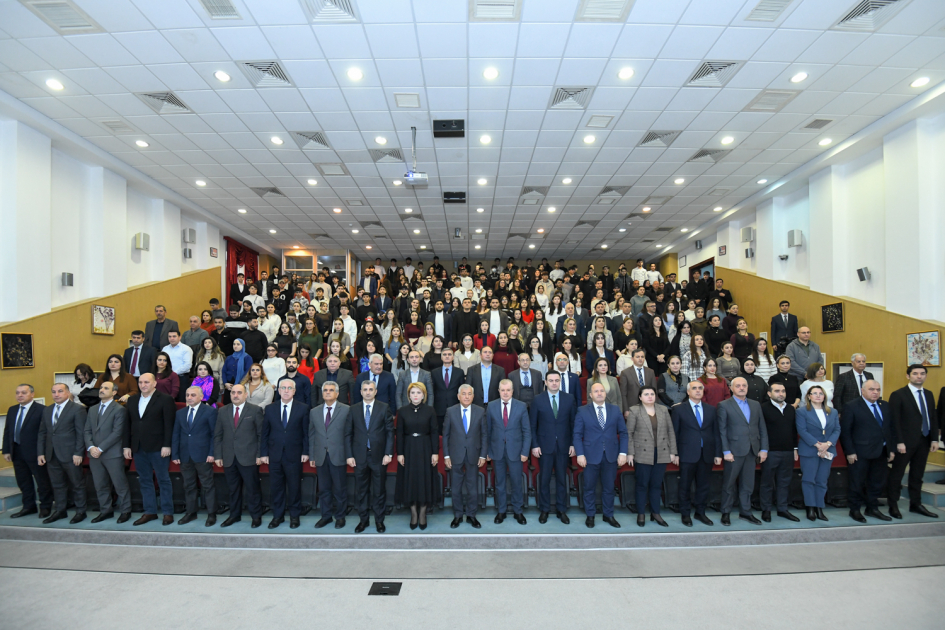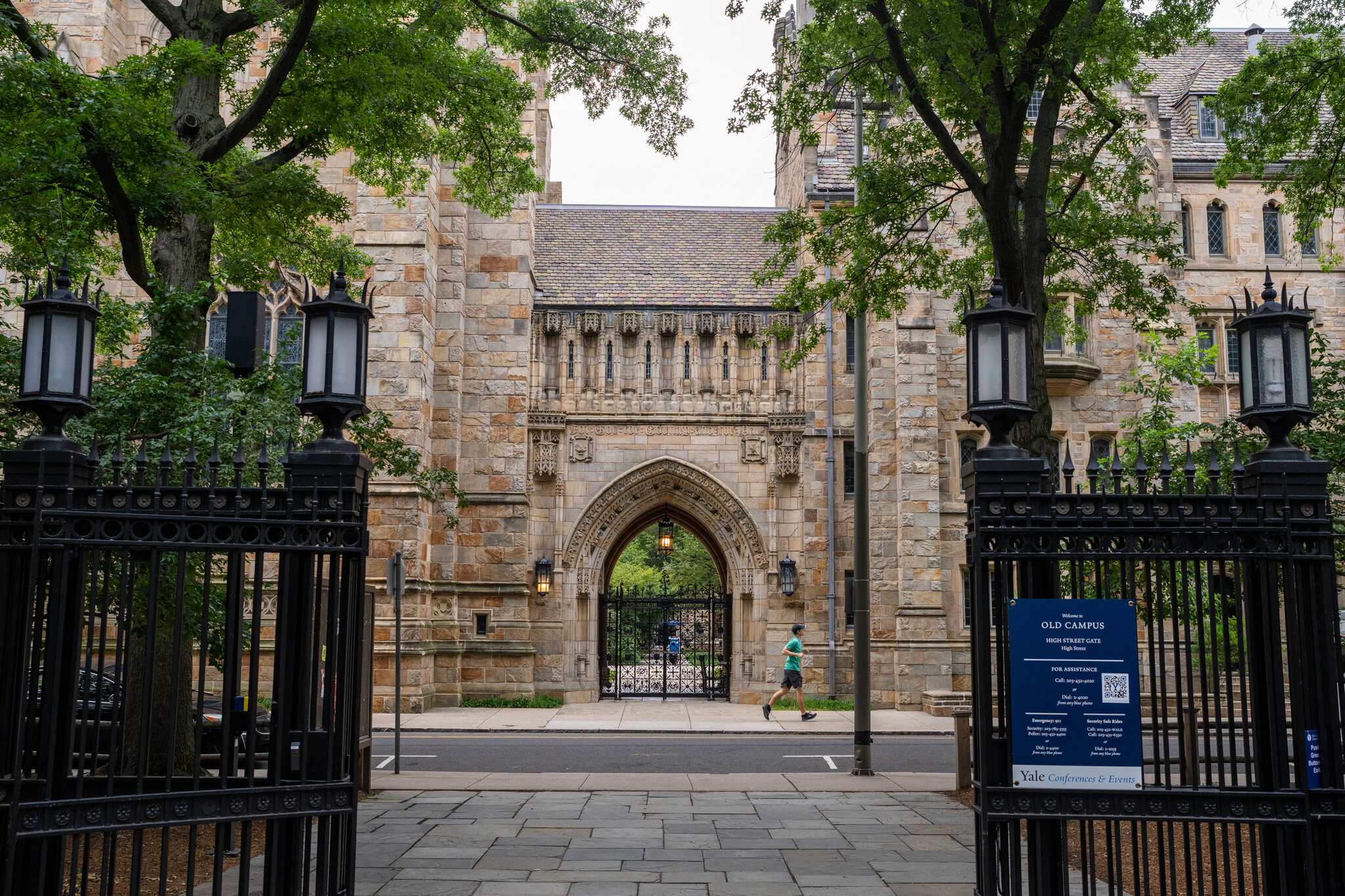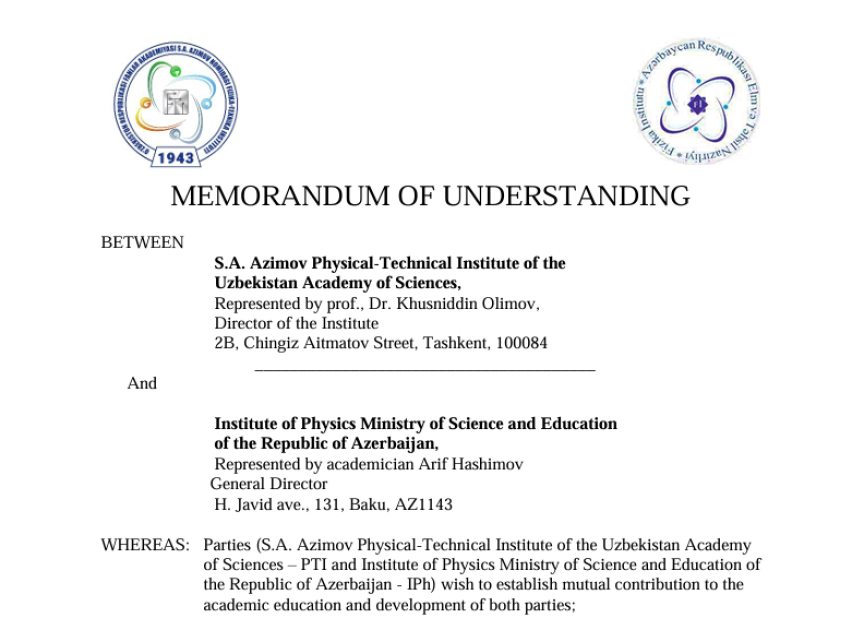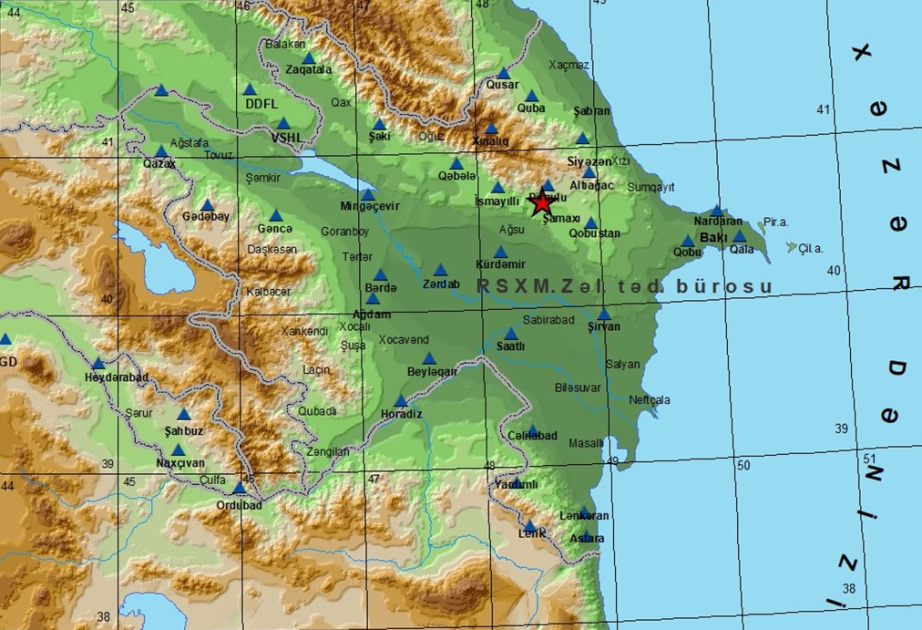ByJERUSALEM POST STAFF
Study reveals caffeine enhances DNA repair and stress response in cells, potentially slowing aging.
A study by scientists from Queen Mary University of London and the Francis Crick Institute revealed that caffeine, abundantly found in coffee, may play a role in slowing down the aging process at the cellular level. The research indicated that caffeine can interfere with aging by accessing an ancient cellular energy system known as AMPK, potentially linking it to enhanced cell health and longevity.
"When your cells are low on energy, AMPK kicks in to help them cope with the situation," said Dr. Charalampos (Babis) Rallis, Reader in Genetics, Genomics, and Fundamental Cell Biology at Queen Mary's Centre for Molecular Cell Biology. "And our results show that caffeine helps trigger this mechanism."
The study demonstrated that caffeine's activation of AMPK influences several critical cellular functions. It directly impacts cellular growth, DNA repair, and the ability to cope with stress—all factors intricately linked to aging and the development of diseases. This suggests that caffeine doesn't just energize individuals but may also bolster the body's internal mechanisms against the wear and tear of time.
"These results help explain why caffeine may be beneficial for health and longevity," noted Dr. John-Patrick Alao, a biochemist at Queen Mary University. "And they open up exciting possibilities for future research into how we might trigger these effects more directly—with diet, lifestyle, or new medicines."
The researchers revealed the inner workings of caffeine within human cells, particularly its role in activating AMPK. This enzyme acts as a "cellular fuel gauge," activated when energy levels within the cell decrease.
Interestingly, the study also touched upon parallels with other compounds known to affect the aging process. Metformin, a drug commonly used to treat diabetes, and rapamycin are both being studied for their potential to extend human lifespan by acting on similar cellular pathways. The interplay between caffeine and these pathways adds a new dimension to the understanding of how dietary components can influence healthspan.
The research was conducted using budding yeast as a representative model for human cells. This approach allowed the scientists to meticulously track how doses of caffeine affect the cell cycle and the cells' ability to resist damage. The use of yeast cells, which share fundamental biological processes with human cells, provided valuable insights into the potential effects of caffeine on human health.
While the findings are promising, Alao cautioned against premature conclusions. "There is still a long way to go towards a new drug or treatment method," he stated. "More research is needed." This sentiment underscores the necessity for continued investigation into how caffeine and other compounds can be harnessed to promote healthy aging.
Moreover, the study enhanced the understanding of caffeine's influence on nutrient and stress-responsive gene and protein networks. Previously, caffeine was noted to affect a biological key called TOR (Target of Rapamycin), a protein that regulates cell growth based on nutrient and energy availability. However, the new findings indicated that caffeine does not interact directly with TOR but instead affects aging through the AMPK pathway.
"These findings could be effective in many areas in the future, from lifestyle recommendations to new drugs," scientists involved in the study suggested. The possibility of developing future drugs based on caffeine to improve public health now seems more tangible.
Caffeine, a powerful stimulant found in various products worldwide—from tea and coffee to energy drinks and certain medications—has long been linked to potential health benefits. These include a reduced risk of age-related diseases like cardiovascular disease and dementia. The study adds weight to the growing body of evidence that moderate coffee consumption can contribute positively to health and longevity.
In laboratory experiments, activating the AMPK system in yeast cells led to increased resilience, accelerated DNA repair, and a deceleration of the aging process. This observation enhances the understanding of the pathways through which caffeine exerts its influence.
While the research sheds light on the potential health benefits of caffeine, the scientists emphasized moderation. The health effects of coffee are closely related not only to the quantity consumed but also to the method of consumption. Factors such as the difference between instant coffee and filter coffee, as well as added milk, sugar, or flavors, can alter coffee's effects.
Assisted by a news-analysis system.

















